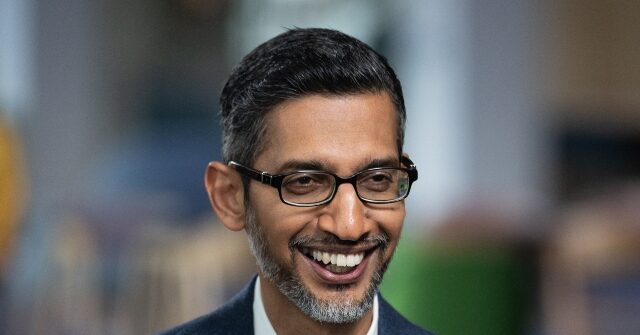In a proactive measure to combat misinformation, Google has announced the suspension of all election-related advertising across its platforms following the close of polls on November 5. This pause targets a crucial period often characterized by uncertainty regarding election outcomes, as the interval between voting conclusion and the official certification of results can extend over days or even weeks. By implementing this policy, Google aims to mitigate confusion and prevent the circulation of potential false claims related to the election, aligning itself with the growing consensus among digital platforms to ensure integrity and trustworthiness in electoral processes.
This advertising ban will encompass a wide array of Google’s advertising services, including Display & Video 360, Google Ad Exchange, Google Ads, Google Shopping, and YouTube. It applies not only to political candidates but also to current elected officials at various governmental levels, political parties, and advocacy groups focused on ballot measures. Notably, this comprehensive restriction ensures that no last-minute political ads can contribute to a charged atmosphere during an already tense post-election period, where voters might be susceptible to misinformation as they await accurate results.
However, the restriction will not extend to public information campaigns launched by government entities tasked with election administration. These organizations are crucial in informing the public about official election results and processes, and thus are exempt from Google’s advertising ban. The tech company plans to maintain this moratorium for several weeks post-Election Day, with a commitment to notifying advertisers when the ban is lifted, allowing for transparency and planning on the part of campaigns and organizations looking to resume their advertising efforts.
In a statement, a Google spokesperson shared that this decision comes “out of an abundance of caution,” reflecting the heightened likelihood that vote counts and verification processes will continue beyond the Election Day deadline. The move follows a similar strategy employed by Google after the 2020 presidential election, which sought to limit the spread of misinformation surrounding ballot counting. During that instance, the ban was briefly lifted in December to accommodate the Georgia Senate runoff elections.
Google’s approach mirrors a broader trend among major tech companies seeking to refine their political advertising policies in anticipation of the midterm elections. Meta, the parent company of platforms like Facebook and Instagram, previously announced restrictions on new issue, electoral, and political ads during the final week before the elections. The rationale behind these restrictions is to afford time for scrutiny and verification, ensuring that any new claims made in ads are capable of being fact-checked and appropriately addressed prior to the election.
As the landscape of digital advertising continues to evolve, especially in politically charged contexts, tech companies are grappling with the balance between free expression and the responsibility to minimize the spread of harmful misinformation. Google’s decision to impose an advertising ban after polls close emphasizes the responsibility that platforms bear in safeguarding electoral integrity. By prioritizing caution in this critical period, the tech giant hopes to foster an environment where voters can trust the information they receive from official sources, thus contributing to a healthier democratic process.

